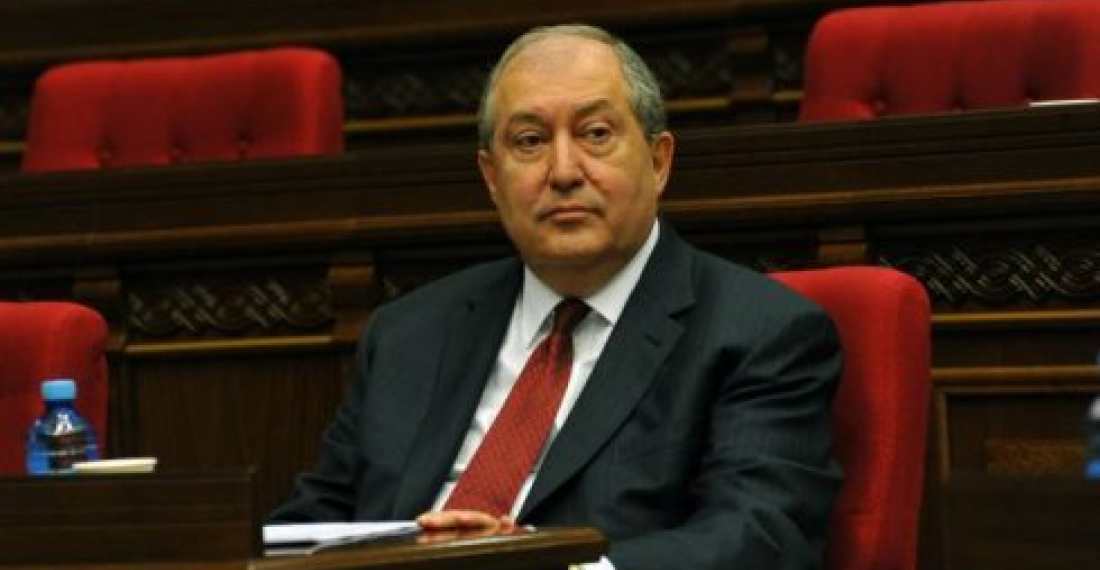Updated
The Armenian Parliament has voted with 90 votes in favour and 10 against to elect Armen Sarkissian as the next president of Armenia. The vote took place on Friday morning at the National Assembly. On Thursday (1 March) Armen Sarkissian, who was nominated for the post by the ruling RPA-ARF coalition, addressed the MPs with his vision for the future.
Armen Sarkissian is expected to be sworn in as President of Armenia on 9 April.
read more: Armenia awaits election of its 4th president
Speaking after the voting results were announced in the Parliament, Armen Sarkissian emphasized that he expects the support of lawmakers and the Armenian people, Armenpress news agency reported
"I expect also your support and our people's support and participation in all our future victories which will be for the benefit of our state and people," Sarkissian said.
The President-elect thanked all Members of Parliament who took part in the voting.
"I thank all those who voted both in favor and against. I would like to thank all of you for your important contribution in the process of important changes in our country," he said.
source: commonspace.eu with Armenpress
photo: Armen Sarkissian







